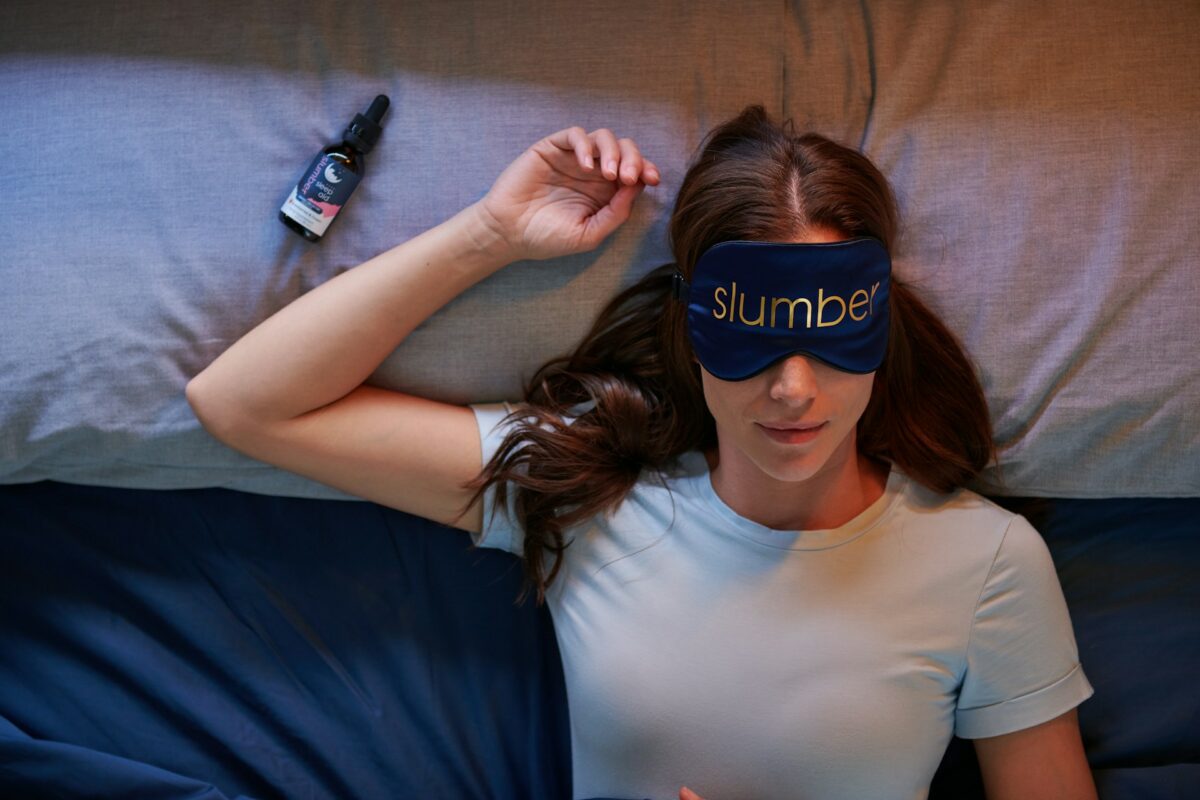It is estimated that 1 out of every 3 Canadians do not get enough sleep. This level of sleep deprivation is endemic, and is an underlying factor in many of the chronic diseases we see on the rise such as diabetes and heart disease. Along with these long term health implications, there are day to day risks to being sleep deprived. Due to drowsiness, fatigue, and exhaustion, those who don’t get enough sleep are also more susceptible to occupational hazards and accidents at home or the office.
The Reasons for Lack of Sleep
You may experience poor or insufficient sleep for a variety of reasons. The following are the most frequent reasons for insufficient sleep.
- Stress and Anxiety: Even minor, everyday stressors like work, school, and family issues might keep you up at night.
- Pain: Physical discomfort causes the body to produce more stress hormones and less melatonin, a hormone that promotes sleep.
- Alcohol and Caffeine: These might have a negative impact on your ability to sleep. They help you stay awake and avoid falling asleep rapidly.
- Lack of Exercise: Exercise has numerous health benefits for your body, but one of them is that it can improve your sleep. People who don’t frequently exercise typically sleep worse.
- Medical Conditions: Sleep apnea, diabetes, renal disease, and heart disease are just a few of the ailments that can make it difficult to fall asleep.
- Medication Side Effects: Many common medications can impact sleep and cause insomnia or irregular sleep cycles.
Tests to Identify Lack of Sleep
It’s a good idea to have a physical evaluation if you believe you have trouble going asleep. You may undergo the following tests to identify the cause of your sleep disorder.
- Polysomnogram: This measures muscle activity and brain activity to ascertain whether or not you are sleeping deeply.
- Home Sleep Study: This measures breathing, pulse and oxygenation to assess you for sleep apnea.
- Blood test: A blood test can reveal any disorders that are keeping you from getting enough rest.
- Sleep Journal: Keep a sleep record to track your sleeping patterns and daytime energy levels. It will also assist you in determining any elements, such as light or noise, that might be interfering with your sleep.
- Actigraphy Watch: An actigraphy watch keeps track of your level of movement. The amount of sleep you get and how long it takes you to fall asleep are then calculated using the information.
Treatment for Sleep Deficit
You can take many actions to treat or prevent lack of sleep, including the following:
- Create a sleep schedule and stick to it. Ensure you get enough sleep by keeping a regular bedtime and wake-up schedule.
- Establish a calming bedtime ritual to prepare your body and mind for sleep.
- If you haven’t fallen asleep after twenty minutes, get out of bed and do something calming or repetitive, such as reading a book or watching television, until you feel sleepy.
- Regularly work out, but avoid doing it just before bed.
- Make an effort to reduce anxiety and tension.
- Address any medications and medical conditions contributing to poor sleep.
Consult your doctor about possible medicinal remedies if you still struggle with sleep. Your doctor might give you medication and suggest dietary or lifestyle modifications.
Conclusion
More people than you may imagine struggle with inadequate sleep, which is a major issue. If you enhance your sleep, there will be a noticeable improvement in the quality of your life.
If you’re looking for a sleep clinic in Vancouver, Sleep Better Live Better is here for you. The clinic’s Dr. Muir and her qualified sleep team have helped thousands of patients find healthy sleep solutions. Contact us now to learn more.





